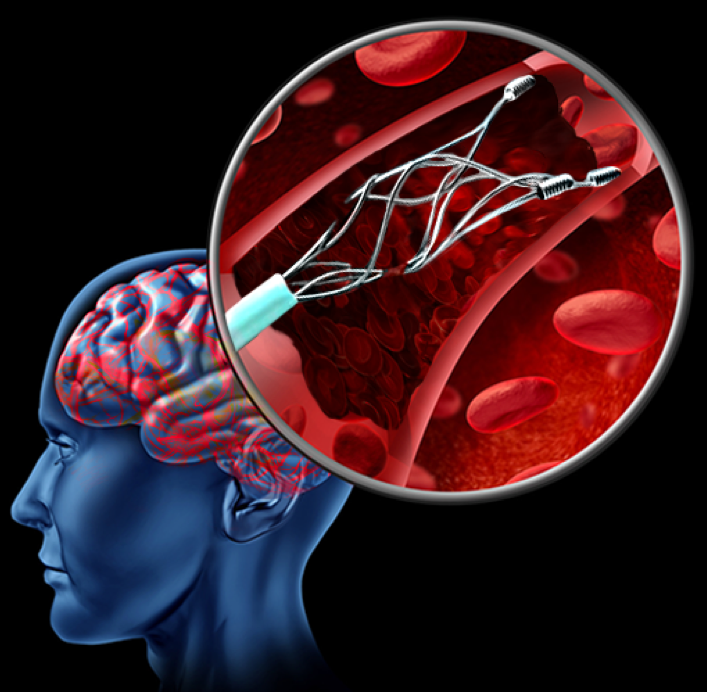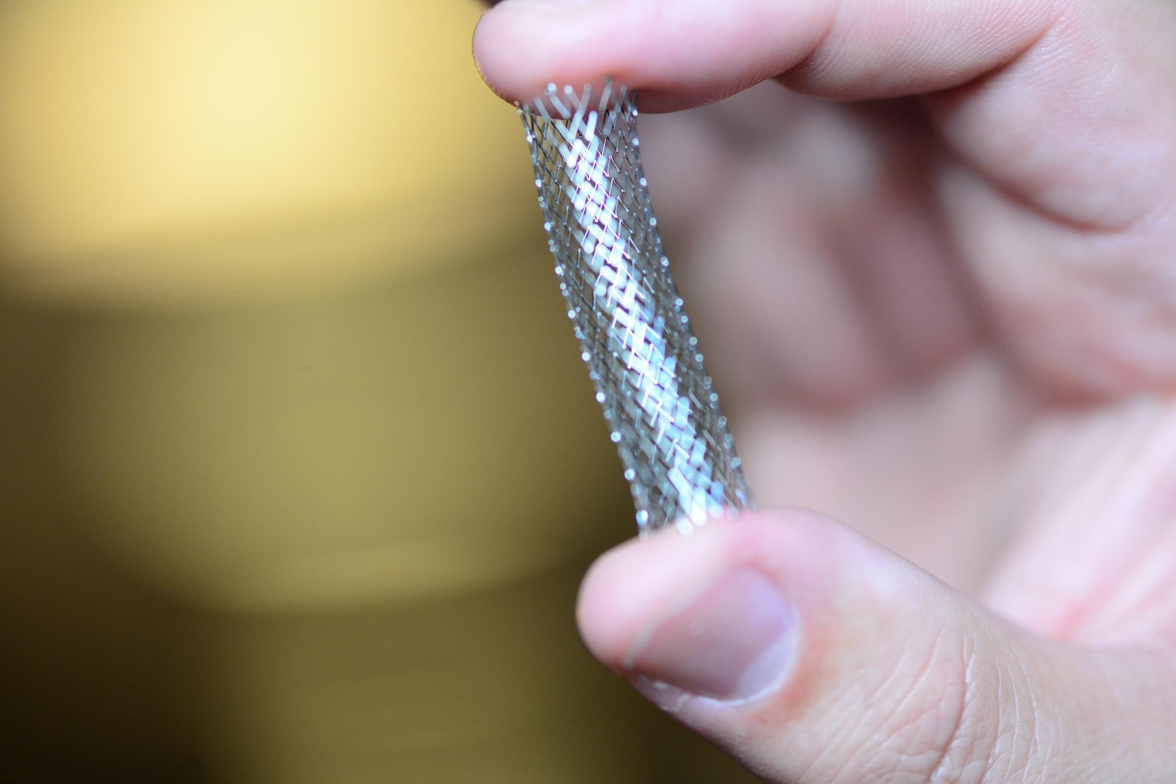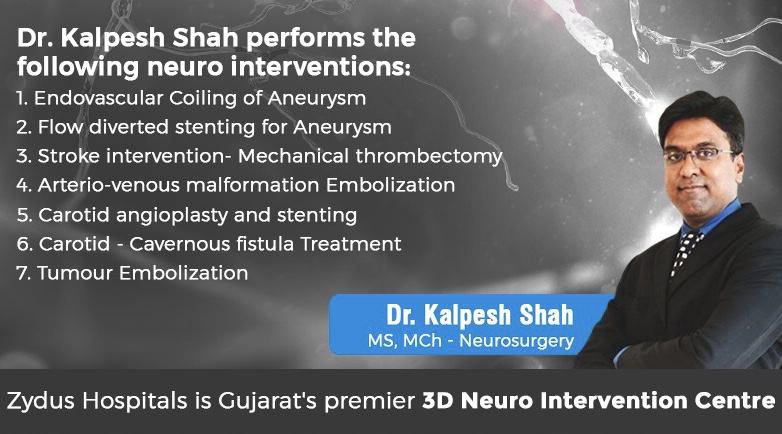Dj & Kidney Stenting Surgery or Operation
Stenting Consultation and Treatment by Dr. Kalpesh Shah
Stenting is a medical procedure used to treat various cardiovascular conditions by restoring blood flow in narrowed or blocked blood vessels. It involves the placement of a stent, a small mesh-like tube, inside the affected blood vessel to support its structure and widen the lumen, allowing blood to flow more freely.
During the DJ stenting procedure, a thin, flexible tube called a catheter is inserted into a blood vessel, typically in the groin or arm, and guided to the site of the blockage using imaging technology. The catheter carries a collapsed stent, which is positioned at the narrowed area. A balloon attached to the catheter is then inflated, expanding the stent and pushing it against the arterial walls, thereby widening the vessel and restoring blood flow.
Stents are usually made of metal or a combination of metal and synthetic materials. They are designed to be permanent implants, providing long-term support to the blood vessel and preventing it from narrowing again.
Stenting has become a widely used technique in the treatment of various cardiovascular conditions, including coronary artery stenting, peripheral artery disease, and carotid artery disease. It offers several advantages over traditional open surgeries, including shorter recovery time, reduced risk of complications, and a minimally invasive approach.
It’s important to note that stenting Kidney is a medical procedure that requires the expertise of a qualified cardiovascular specialist. If you believe you may benefit from stenting or have any concerns about your cardiovascular health, it is advisable to consult with a trusted healthcare professional.
Symptoms of Stenting
- Chest pain or angina: This is a discomfort or pressure in the chest that occurs when the heart muscle doesn’t receive enough blood and oxygen.
- Shortness of breath: Narrowed blood vessels can limit blood flow to the lungs, causing difficulty in breathing, especially during physical exertion.
- Fatigue: Reduced blood flow to vital organs, such as the heart and brain, can result in fatigue and a general lack of energy.
- Leg pain or cramping: When the arteries in the legs become narrowed, it can cause pain, cramping, or weakness in the legs during physical activity.


What causes Stenting?
- Coronary artery disease: This occurs when the arteries that supply blood to the heart become narrowed or blocked due to plaque buildup.
- Peripheral artery disease: It refers to the narrowing of blood vessels outside the heart and brain, typically affecting the legs and arms.
- Carotid artery disease: This condition involves the narrowing of the carotid arteries, which supply blood to the brain, and can increase the risk of stroke.
Diagnosis of Stenting
- Physical examination: Dr. Shah will review your medical history and perform a physical examination to evaluate your symptoms and overall health.
- Imaging tests: Various imaging tests, such as angiography, computed tomography (CT) scans, or magnetic resonance imaging (MRI), may be used to visualize the affected blood vessels and determine the extent of the blockage.
- Blood tests: Blood tests can provide valuable information about your cholesterol levels, blood sugar levels, and other factors that may contribute to arterial narrowing.
How to treat Stenting?
- Preparation: Before the stenting procedure, you will receive sedation or local anesthesia to ensure your comfort during the process.
- Insertion: A thin, flexible tube called a catheter is inserted into a blood vessel, usually in the groin or arm. The catheter is guided to the affected area using imaging technology.
- Stent placement: A balloon-tipped catheter with a collapsed stent is positioned at the site of the blockage. The balloon is inflated, expanding the stent and pushing it against the arterial walls, thereby widening the vessel and restoring blood flow.
- Recovery: After the stent is in place, the balloon catheter is removed, leaving the stent to support the vessel permanently. You will be monitored for a brief period to ensure a smooth recovery.


Consulting Dr. Kalpesh Shah for stenting
If you are seeking expert care for your cardiovascular condition, Dr. Kalpesh Shah is a highly skilled specialist you can trust. With years of experience and a patient-centered approach, Dr. Shah provides comprehensive evaluation, precise diagnosis, and personalized treatment plans. He is dedicated to improving the quality of life for his patients through state-of-the-art stenting procedures.
Don’t let narrowed or blocked blood vessels limit your life. Schedule a consultation with Dr. Kalpesh Shah today to discuss your symptoms, receive a thorough evaluation, and explore the most suitable treatment options available. Take the first step towards a healthier heart and a better future.